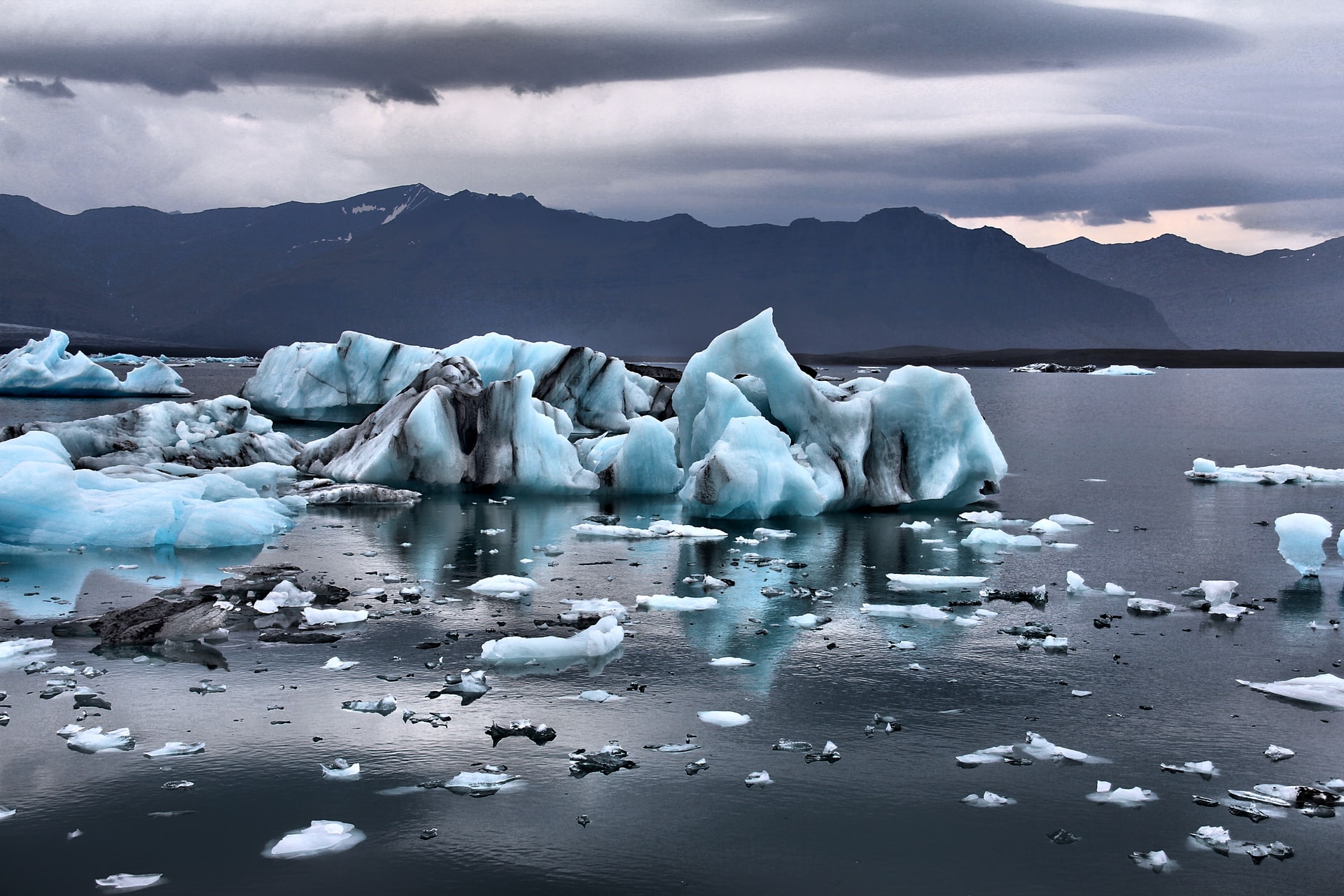United We Must Forge Ahead Through Crises
We are going through one of the most uncertain times in the history of mankind. A global pandemic is loose, endangering lives, livelihoods and governance; while a 21st century war rages on in Ukraine. And all of this amid a looming climate change crisis that threatens to destroy everything we are accustomed to live with.
These and many such pressing topics were covered in the recently concluded Horasis Global Meeting on 19 May 2022. Leaders from governments, businesses, media, academia, and think tanks graced the virtual event to suggest a sustainable framework for global recovery.
The First Crisis
Even prior to trade war, the pandemic and the Russia-Ukraine conflict, there was the clear and present danger of climate change. The impacts of climate change have been occurring for several decades now, but has severely intensified in the past few years.
The 2019-2020 Australia bushfires was one such incident. The bushfires burned more than 46 million acres of forest area; with insurance claims from bushfires rising up to US$1.3 billion. The bushfires also led to loss of lives, wiping off several endangered species and releasing plenty of carbon dioxide into the atmosphere. This vast amount of CO2 release has certainly hastened the process of climate change by destroying the ozone layer and raising temperature levels.
Similar to this there are several climate change effects that are greatly disrupting socioeconomic growth. Between 2000 and 2019, the world incurred losses amounting to US$2.56 trillion as a direct result of more than 11,000 extreme weather events. The Intergovernmental Panel on Climate Change estimates that the “mean net present value of the costs of damage from warming in 2100 for 1.5°C and 2°C (including costs associated with climate change induced market and non-market impacts, impacts due to sea level rise, and impacts associated with large scale discontinuities) are US$54 trillion and US$69 trillion, respectively, relative to 1961–1990.”
The Pandemic Juggernaut
Amid efforts by governments and businesses to tackle the climate crisis, came the onslaught of a global pandemic. The effects of the pandemic spread quickly across economies far and wide.
Interconnectedness of trade and people led to quick spread of the virus across continents. What made matters worse was the lack of knowledge in dealing with the virus variants that kept emerging across countries around the world, elusive and stronger than before. Even worse, the non-collaboration of governments worldwide was on stark display during the pandemic – with countries taking decisions unilaterally to contain the virus.
The global economy slumped to its lowest point, with many businesses having to close shop. By far the worst hit were the poorer in societies along with the low-income countries – who had the least resources to manage this crisis. And even though governments worldwide offered economic packages, they weren’t enough for many small-scale businesses.
The International Labor Organization (ILO) has said in its flagship report, that “Southern Africa was the subregion hardest hit, with a GDP contraction of 7% in 2020.” The report goes on to state that the impact of the crisis on sub-Saharan Africa “resulted in working hour losses equivalent to 13.5 million full-time jobs and pushed more than 4.9 million workers and their families into extreme poverty.”
Now the War
The Russia-Ukraine conflict is further damaging any signs of global progress amid the pandemic. Russia’s unprovoked war on Ukraine has resulted in global supply chain damages, particularly in the Eastern Europe region and is slowly proliferating across the world. Commodity prices of staples such as wheat has increased significantly.
The shortage and resultant hike in fossil fuel prices is the after-effects of the war that will reverberate for years to come.
Globalization, key to friendly relations, trade and a major catalyst in controlling inflation is at a critical juncture. Many countries have now resorted to looking more inwards, such as the recent examples of the EU calling to phase out its dependency on Russian fossil fuel and India issuing a ban on its wheat exports. While both these actions have its obvious merits, eventually the end consumer is the victim.
The Russia-Ukraine war has also led to a massive humanitarian crisis, with millions of Ukrainians left homeless and without any certainty of their children and their future. An exodus is taking place in the Eastern Europe region, with nearly 13 million Ukrainians believed to be displaced.
Call to Join Forces
The world is undergoing multiple crises which cannot be addressed by the efforts of one nation or people. It will need collaborative efforts between people, businesses and governments at an international scale.
We can see glimpses of these collaborative efforts by people, businesses and governments levying sanctions and disassociating itself from Russia and its ideologies. These collective efforts have also laid out a fair warning to others that plan to disrupt the global peace and order.
Initiatives such as the GAVI alliance are also ensuring that poorer countries have access and availability to vaccines. But more is needed and only collective efforts will ensure a sustainable future for the coming generations.
Photo Caption: Melting glaciers in Iceland, evidence of global warming.



